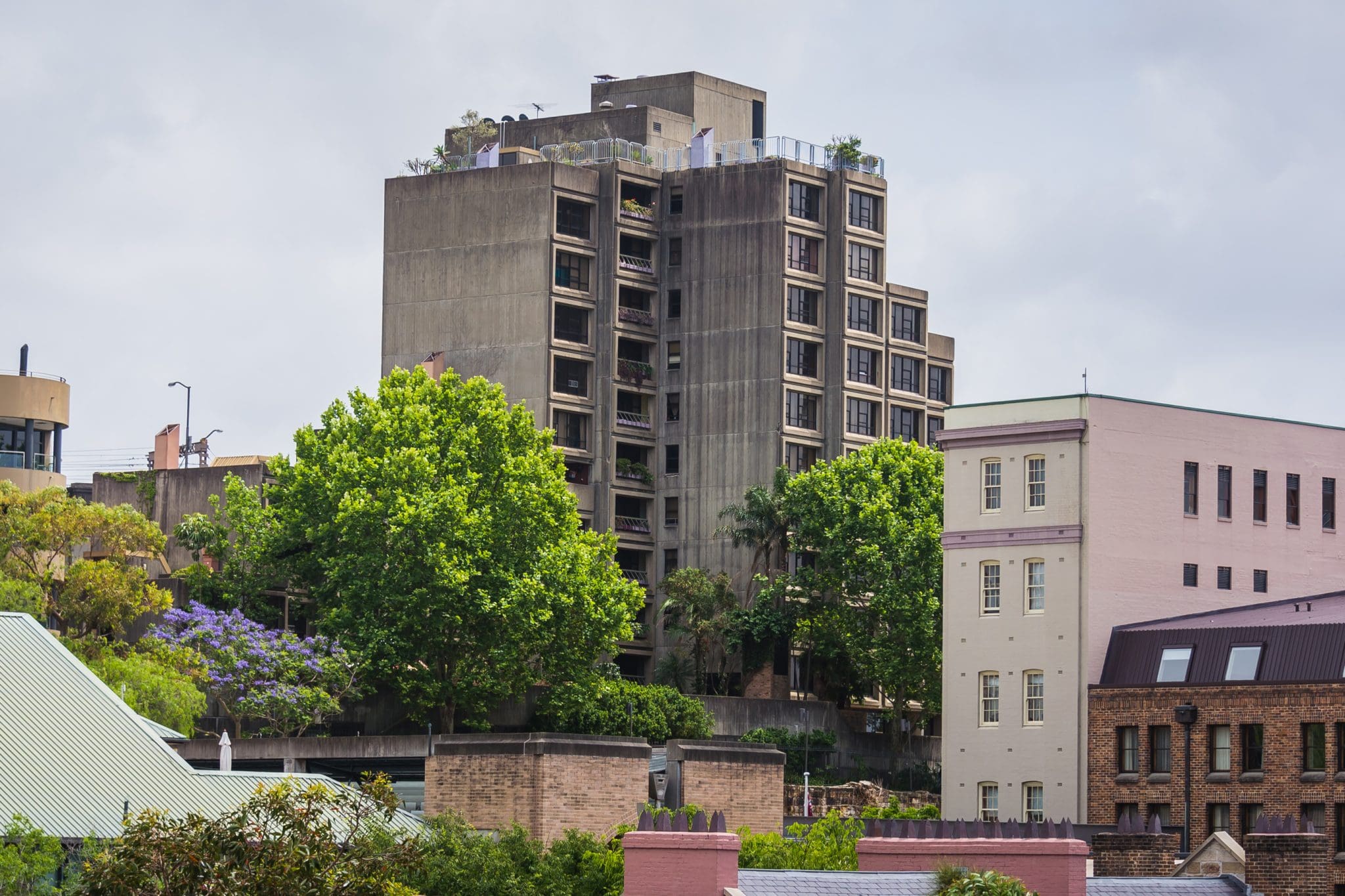Shelter is a human right. Yet, such a right has been jeopardised by the extremely dire state of the housing crisis which has particularly plagued students.
Despite this, neither of the major parties at the upcoming state election propose any holistic solutions that will tangibly uplift renters from the hellish housing market. This begs the question: what is the standard that we will press against the newly elected state government?
To contemplate a radical re-imagination of the housing market — one which centres housing as a human right — we must look beyond the meagre offerings of the Coalition and ALP.
The Liberal-National Coalition
The Coalition offers an unhelpful policy platform which focuses exclusively on first time home buyers. In fact, their only material policies in relation to renters are their “reasonable grounds” eviction model and the upgrade of 15,800 social housing properties. Worse still, the Coalition are committed to privatising 70% of public housing at the Waterloo South Estate and the demolition of the Glebe housing estate, demonstrating a palpable apathy to tenants and the housing crisis.
Dominic Perrottet, in his last ditch efforts to appeal to voters, pivoted his campaign to the creation of trust funds for children. This egregiously disadvantages working class families; the state promises to only provide $400 contributions if guardians can make annual deposits of up to $1000. Therefore, the Coalition’s cursory platform intends to “solve” the housing crisis but only insofar as devoutly reinforcing the marble floors of landlords.
Labor Party
NSW Labor’s housing platform, whilst more substantive than the Coalition, leaves much to be desired. Labor’s proposed Portable Bond Scheme, which allows the direct transfer of bonds from one property to another, attempts to alleviate the transitional financial burdens faced by renters when moving homes. NSW Labor promises to support no grounds eviction despite shooting down the Green’s proposal last year, and has committed to a crackdown on illegal rent bidding.
Labor remains steadfast in upholding the renewal program of housing development observed in other states, mandating that 30% of housing on surplus government land must be social, affordable or universal housing; a matter that would be overseen by the newly created Homes NSW.
Labor’s approach, much like their platform federally, fails to materially address the housing crisis. The waiting list for a public or social home in NSW sits at over 50,000 people, and Labor’s continuation of this renewal program makes no room for the construction of public housing, a program which has historically involved the redevelopment of existing public homes into apartment complexes, of which 70% are privatised and 30% social. This position is only worsened by Labor’s refusal to oppose the demolition of public homes in the Inner West, such as Wentworth Park Estate in Glebe. Ultimately, NSW Labor’s housing policy platform, whilst marginally better than their Liberal opposition, is untenable insofar as prioritising band-aid solutions over structural reform.
Alternate Models
The Greens offer a more assertive campaign in relation to the housing crisis insofar as introducing minimum standards for rental accommodation, an enforced ban on rent bidding, a ban on selling public housing, and ensuring that at least 10% of NSW housing is public or not-for-profit social housing. They have also proposed a 5% empty homes levy on homes left empty for over six months, which aims to address the 164,624 empty homes in Sydney.
The Greens are uniquely poised in this state election. If Labor cannot form a majority government, the Greens have said that they will grant their conditional support if Chris Minns delivers bans on unfair evictions and regulating rents.
Beyond this though, NSW should consider adopting the Nordic housing model, which recognises housing as a human right, yet has not yet influenced any of the major parties’ policies.
The cornerstone of this model is more not-for-profit housing. Its implementation has significantly reduced homelessness; a stark juxtaposition with the flimsy policies adopted in Australia. In particular, Denmark’s not-for-profit housing sector invests their tenants’ rents into the maintenance of their accommodation. Residents hold a majority on housing organising boards, epitomising a form of democracy that effectively prioritises tenants’ autonomy. According to a 2020 NBO report, Danish municipalities also reserve “the right to [give away] at least one in every fourth vacant apartment” — a policy that, if enacted more broadly in Sydney, would undercut the elites’ undying hold on their holiday home fantasies. These not-for-profit cooperatives comprise 20% of the Danish and 22% of the Swedish housing markets compared to a measly 1% in Australia.
In addition to this, the Swedish interpretation of the Nordic model is constructed on higher proportions of public housing, so much so that half of renters live in public housing, therefore inching towards a dissolution of class divides. This was spurred by Sweden’s “Million Programme” which built one million new public housing dwellings between 1965 and 1974 to secure affordable accommodation. It prompts us to wonder — if only the federal Labor party could pivot their “One Million Homes” policy to create public housing supply.
This is not to pretend that the Nordic model does not have its own defects. In particular, Sweden’s public housing is sparse in certain areas while also experiencing a national housing shortage.
Regardless, it seems to extend well beyond the Australian status quo or at the very least, inspires a restructuring of our housing market, particularly when the major parties are dragging their feet into the state election with cursory policy platforms.
Disclaimer: Harrison Brennan is a member of The Greens.





